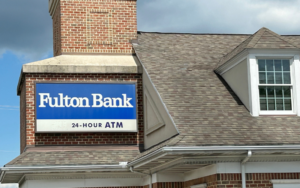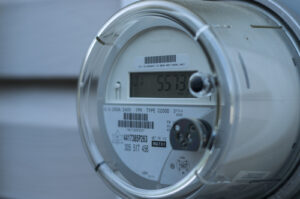A state court has delivered a partial win for Pennsylvania in a year-old lawsuit seeking damages from ag giant Monsanto and related enitities over PCBs.

- An 84-page Commonwealth Court ruling on Dec. 30 swept aside six of Monsanto’s nine objections to the state lawsuit, paving the way for the next phase of litigation.
- Judges, however, did uphold two of the company’s objections and partially upheld one
- While other states have trumpeted their litigation over PCBs, Pennsylvania has proceeded relatively quietly.
Why is this happening: PCBs, or polychlorinated biphenyls, were widely used last century in electrical equipment and other commercial applications but they pose a danger to human health. Monsanto, now owned by Bayer, was a major producer.
- The Pennsylvania complaint — initially filed in December 2020 — alleges that PCBs have leaked into the state’s soil and water, where they persist today — and that Monsanto knew they were dangerous.
- The state also noted that it has spent time and money on cleanup efforts over the years, according to court documents.
- A spokesperson for the state Department of Environmental Protection declined to comment, citing the ongoing litigation.
- In addition to Monsanto, the state lawsuit names two companies that inherited bits of the Monsato business: Solutia Inc., a subsidiary of Eastman Chemical; and Pharmacia LLC, which was purchased by Pfizer in 2003.
What does Bayer say: In a statement, the company said it was pleased that the court narrowed the state’s case.
- “However, we continue to believe the lawsuit lacks merit, and will vigorously defend the remaining claims as the legal process moves ahead,” the company said.
- Those claims include causing a public nuisance and selling an unsafe product.
- Bayer said Monsanto stopped making PCBs voluntarily more than 40 years ago and that it never manufactured, used or disposed of PCBs in Pennsylvania “and therefore should not be held liable for the contamination alleged by the plaintiffs.”
- A Pfizer spokesperson shared a regulatory disclosure indicating that the company is not liable in the case.
- Efforts to reach Eastman were not successful.
What’s next: The lawsuit can proceed to discovery phase, in which both parties can seek documents and other information from the other as they seek to prove their arguments.
- Given the risks of litigation, it’s likely that the state and Monsanto will settle, though there could be a trial over the amount of damages, according to Dennis Whitaker, an attorney with Harrisburg law firm Hawke McKeon & Sniscak and a former chief counsel for the DEP and the Department of Conservation and Natural Resources.
- One of the first state lawsuits against Monsanto over PCBs, filed in 2016 by Washington state, was settled for $95 million in 2020.
- Maryland and Delaware both sued Monsanto over PCBs in fall 2021.
The background: Federal regulators banned PCBs in 1979 but they have triggered numerous lawsuits ever since. PCBs, which pose a cancer risk, can leak from poorly maintained equipment, from hazardous waste sites or from improper disposal, according to the U.S. Environmental Protection Agency.
- One of the most well-known cases involved two General Electric plants that dumped PCBs into the Hudson River in New York over a span of three decades, leading to a $1.7 billion multiyear dredging protect.







